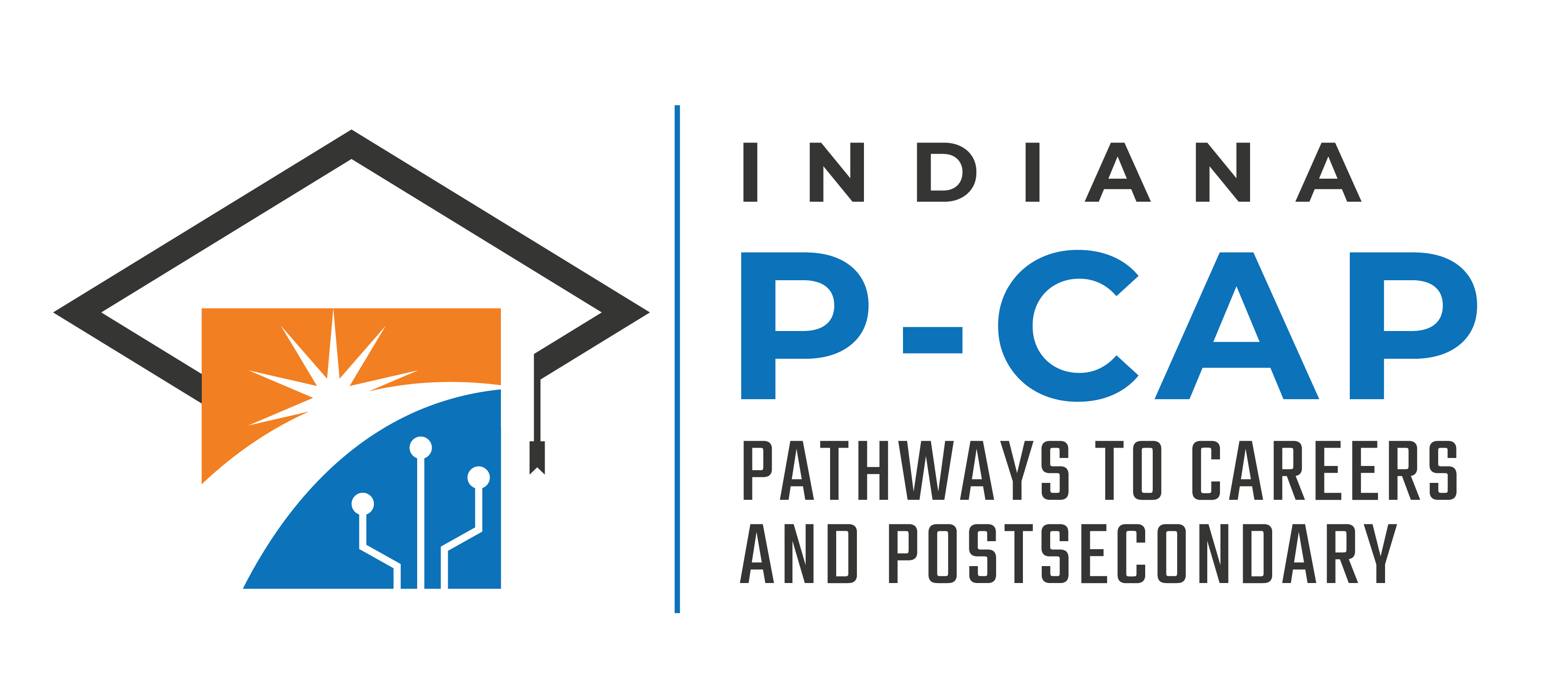CELL Announces Partner Schools for 2025 P-CAP Cohort

The Center of Excellence in Leadership of Learning (CELL) at the University of Indianapolis has named four partner high schools selected to participate in the next cohort of Indiana Pathways to Careers and Postsecondary (P-CAP) as part of a $2 million federal Rural Postsecondary and Economic Development (RPED) grant.
P-CAP is an innovative education framework designed for high school students with high potential who are disengaged from school and are at risk of dropping out. CELL will support these schools as they accelerate student engagement and pathway attainment through hands-on, relationship-centered learning, preparing students for in-demand industry careers in the local economy.
The following schools have been selected for the 2025 P-CAP cohort:

- Eastern Greene High School, Bloomfield, IN
- Frankton Junior/Senior High School, Anderson, IN
- Jac-Cen-Del Junior/Senior High School, Osgood, IN
- Tri-Township Junior/Senior High School, Wanatah, IN
“CELL is excited to work with these schools as they design and implement local P-CAP programs for their students,” said Tracy Butler, director of postsecondary readiness. “Through their applications and interviews, it was clear that these school teams care deeply for all of their students, including those who don’t thrive in a traditional classroom setting. Through their P-CAP programs, they will re-engage these students in education and expand their hope and achievements for their futures.”
P-CAP was launched in 2022 through an Explore, Engage, and Experience (3E) grant from the Indiana Department of Education. Four schools were part of the initial pilot, and the model has now expanded to 15 Indiana high schools with the addition of the 2025 cohort schools.
Students in a P-CAP program have the opportunity to complete a Career and Technical Education (CTE) pathway, earn a stackable workplace credential, and earn dual credit for college. The program also brings industry partners into the high school experience through quarterly workplace learning challenges that connect learning with real-world application beginning in ninth grade.
P-CAP students experience integrated core classes with smaller class sizes, deepening relationships with faculty and other students. As part of the RPED grant, new cohort schools, located in rural regions of the state, will align their P-CAP programs with valuable CTE pathways available to students. The funding will allow schools to designate a P-CAP classroom space with the equipment needed and cover some of the costs related to implementing the program, such as staffing, supplies, and professional development.
The Rural Postsecondary & Economic Development (RPED) project is being funded entirely through federal support, with 100% of the total project costs–amounting to $2,033,672–financed by federal funds. No portion of the project’s cost will be financed by non-governmental sources.
